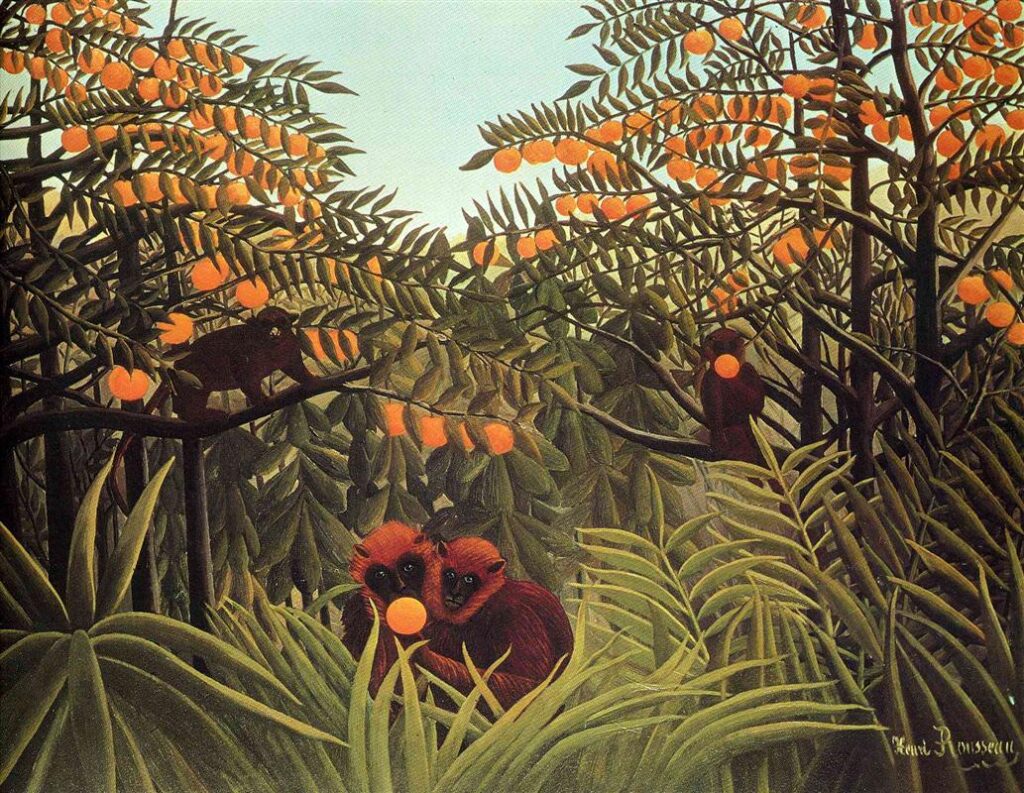M. Frida Hartley? William Ralph Inge? Jan Bryant Bartell? Anonymous?

Question for Quote Investigator: A verse condemning cruelty toward animals begins with the following two lines:
From beasts we scorn as soulless,
In forest, field and den
This verse has been attributed to British social activist M. Frida Hartley and influential Anglican priest William Inge. I have not yet found a definitive citation. Would you please explore this topic?
Reply from Quote Investigator: The earliest match located by QI appeared in “The Spectator” magazine of London in 1928 within the literary supplement section. M. Frida Hartley published a poem titled “Hymn of Pity for Broken Birds and Beasts” which was composed of five verses of eight lines each. The second verse contained the following lines. Boldface added to excerpts by QI:1
For creatures of Thy making
Old laws assigned for use,
New freedom stands proclaiming
Their rights and our abuse:
From beasts we scorn as soulless,
In forest, field and den,
The cry goes up to witness
The soullessness of men.
QI believes that M. Frida Hartley deserves credit for the quotation under examination. William Inge incorrectly received credit many years later.
Below are additional selected citations in chronological order.
Hartley’s work was reprinted in several newspapers during the following months and years. For example, in 1930 “The Globe” of Toronto, Canada reprinted the full poem with an attribution to M. Frida Hartley and an acknowledgement of “The Spectator”. The reprinted verse differed by a single comma from the version in “The Spectator”. The comma was added to the end of the third line.2
In 1974 the ghost story “Spindrift: Spray from a Psychic Sea” by Jan Bryant Bartell was published posthumously. During one scene the author visited a cemetery for animals and remarked that the grave markers were unabashedly sentimental. The author presently slightly garbed lines from the poem together with an anonymous attribution:3
Yet these were the creatures who many, in their frostbitten ignorance, would deny a soul of their own. I tried to think who wrote it and then remembered no one knew. But there was nothing anonymous about the grace and goodness of the soul who had observed sadly: “From beasts we accuse as soulless, in forests, field, and den, the cry goes up to witness the soullessness of men.”
In 1985 a letter written to “The Whig-Standard” of Kingston, Ontario, Canada contained the following:4
The sight of a cat shown on TV with an implant in its brain — an animal who trusted a human being — reminds me of words read long ago:
“From the beasts we accuse as soulless, in forest, field and den, the cry goes up to witness the soullessness of men”
— Anonymous
The connection to M. Frida Hartley was recalled in the 2005 collection “Revisiting Narnia: Fantasy, Myth, and Religion in C.S. Lewis’ Chronicles” within an essay by Ingrid Newkirk containing the following passage:5
And reading The Chronicles brings these lines by M. Frida Hartley into my head:
From beasts we scorn as soulless,
In the forest, field and den,
The cry goes up to witness
The soullessness of men.
In 2016 a tweet implausibly attributed the verse to William Inge:6
From beasts we scorn as soulless, In forest, field and den, The cry goes up to witness The soulessness of men. William Inge
In conclusion, M. Frida Hartley deserves credit for the quotation which appeared in the poem she published in “The Spectator” in 1928. The linkage to William Inge is unsupported.
Image Notes: Painting titled “Apes in the Orange Grove” by Henri Rousseau circa 1910. Image has been resized.
Acknowledgement: Great thanks to Samson Fernendez whose inquiry led QI to formulate this question and perform this exploration.
Update History: On April 11, 2024 the format of the bibliographical notes was updated. Also, the full article was placed on this website.
- 1928 March 24, The Spectator, Section: Spectator Literary Supplement, Hymn of Pity for Broken Birds and Beasts, M. Frida Hartley, Quote Page 461, Column 1, London, England. (ProQuest) ↩︎
- 1930 April 4, The Globe, Hymn of Pity for Broken Birds and Beasts by M. Frida Hartley in The Spectator, Quote Page 16, Column 5, Toronto, Canada. (Newspapers_com) ↩︎
- 1974 Copyright, Spindrift: Spray from a Psychic Sea by Jan Bryant Bartell, Chapter 10, Quote Page 123, Hawthorn Books, New York. (Verified with scans) ↩︎
- 1985 January 16, The Whig-Standard, Section: Letters to the Editor, Letter title: The soullessness of men, Letter from: Norah Douglas of Bath, Quote Page 7, Column 5, Kingston, Ontario, Canada. (Newspapers_com) ↩︎
- 2005, Revisiting Narnia: Fantasy, Myth, and Religion in C.S. Lewis’ Chronicles, Edited by Shanna Caughey, Would the Modern-Day C. S. Lewis Be a PETA Protester? by Ingrid Newkirk, Start Page 165, Quote Page 167, Benbella Books, Dallas, Texas. (Verified with scans) ↩︎
- Tweet, From: Wisdom of The Lion @sonofselassie, Time: 10:17 AM, Date: August 8, 2016, Text: From beasts we scorn as soulless. (Accessed on twitter.com on March 4, 2023) link ↩︎